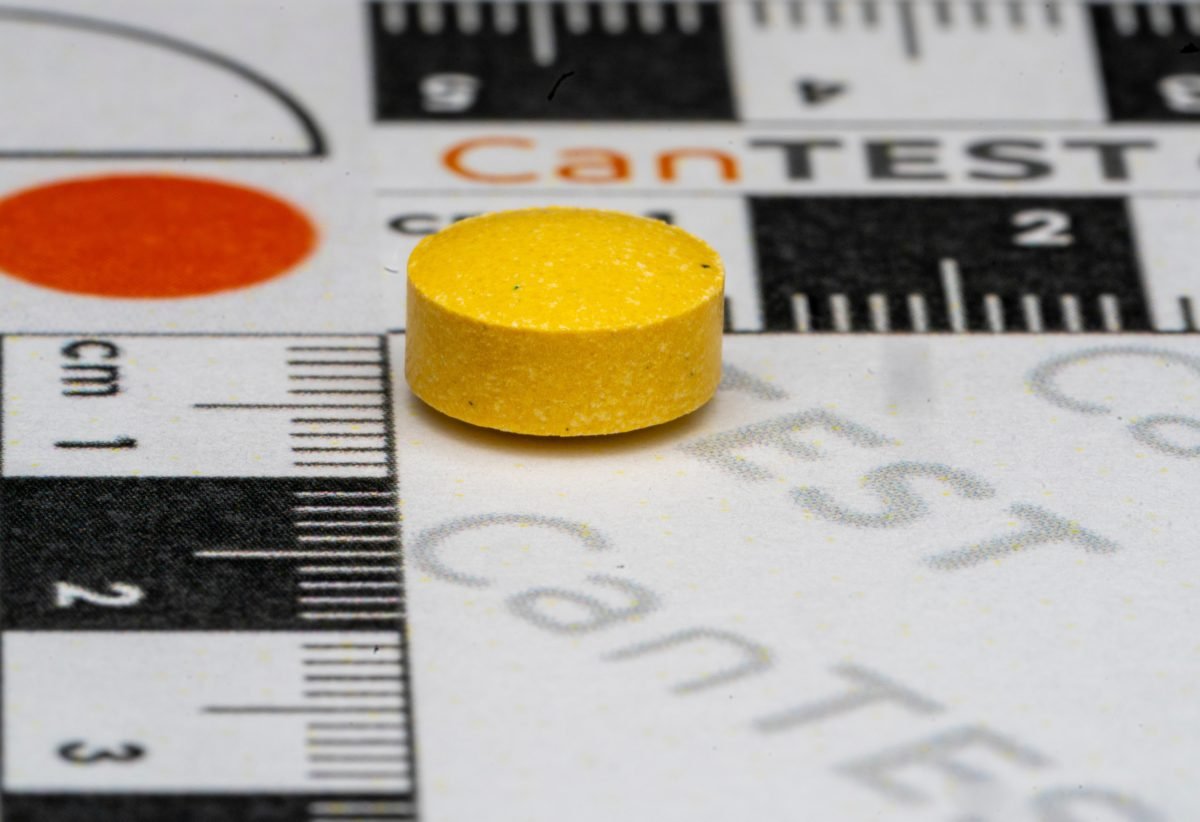
Dr Amber Leah says joining a clinical trial is about more than being poked and prodded by doctors. Photo: Claire Sams.
Canberrans have joined the battle to conquer gastroenteritis.
Gastro, which inflames the stomach and intestines and can cause vomiting and diarrhoea, is caused by the highly contagious norovirus.
A clinical trial of the first norovirus vaccine is partially underway in the ACT, overseen by Dr Amber Leah, principal investigator and medical director at Paratus Clinical Research Canberra.
“It’s a bit of a strange title! It is a doctor who can have lots of different qualifications, but it means we run a clinical research study,” Dr Leah says.
“It does look like you’re investigating sometimes, but mainly you are overseeing the safety of people who are coming onto a clinical trial.”
The trial, in which some participants are given the vaccine and others receive a placebo, is getting down to the results stage.
“It’s a really big study, it goes across multiple countries [including Australia],” Dr Leah says.
“At the moment, it’s in phase three, and that is really assessing how well their vaccine works … We’re testing the vaccine for efficacy.
“[The vaccine developer hopes] that if you are vaccinated, you will get fewer episodes of norovirus – or if you get norovirus, then your symptoms would be less severe.”
READ ALSO: Just how hard is it to insure a half-million-dollar supercar?
There’s currently no norovirus vaccine to protect against gastro and Dr Leah says researchers have been frustrated by the virus’s diversity.
“Norovirus consists of lots of different genotypes, which means there are slightly different versions of the virus,” she says.
“We do know some types are more likely to cause gastroenteritis than others and the vaccine has been targeted towards those genotypes that are more likely to cause gastroenteritis.”
The mRNA vaccine used in the trial aims to teach the body how to recognise and defend itself against norovirus by making a protein.
During the trial, participants are asked to inform doctors if they develop “gastro-type symptoms and gastro events”.

Trial participants may be called in for a check-up (blood tests and x-rays) or simply phoned to see how they’re going. Photo: Michelle Kroll.
With its Canberra site located on the University of Canberra’s campus, Paratus runs product trials of new vaccines and medicine for companies. The trials use healthy volunteers as well as tests involving specific conditions.
“We’re usually recruiting, so looking for participants, for up to five trials at a time,” Dr Leah says.
“There’s always something running or we are actively recruiting. We are only as good as the trials and that means we always need participants.”
While every trial is different, each starts with a general doctor check-up and a chat to make sure participants understand what will be involved.
The treatment then begins.
READ ALSO: More needs to be done to reduce the ACT’s alarmingly high Caesarean rate
Dr Leah says some trials see participants making weekly visits to the clinic, others collect data through phone calls or less frequent check-ins.
“It has a lot of variability in what we do.
“If you love statistics, this is the field for you.”
She says despite the best efforts of doctors and researchers, some products may not make it over the line. But that doesn’t mean it’s a wasted trial.
“That’s probably the sad thing about doing research, in general – not everything is going to be successful.
“When you do get a vaccine or a medicine or even a device all the way through to market, that’s a fantastic feeling.”
Further information about norovirus can be found on the ACT Government’s website.



